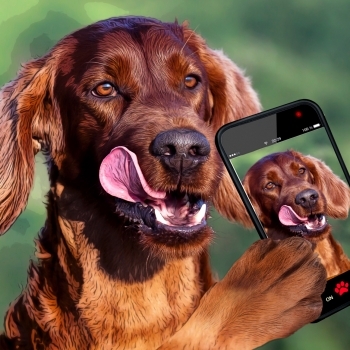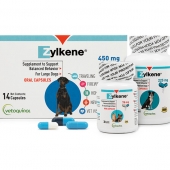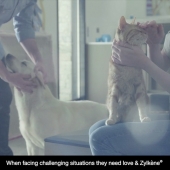When we bring a new puppy home, our instincts tell us to protect that puppy and keep him or her absolutely safe. But it is also important that we expose our puppies to everyday experiences as much as possible, especially in the first three months of their life. During this time period, puppies are the most receptive to learning, which will have an impact on their personality. The benefits of socializing your puppy far outweigh the time it takes. Often times, puppies who aren't socialized sufficiently can be aggressive and overly fearful of people or their environment.
Puppies are typically adopted around 8 weeks of age. Every puppy is a bit different when it comes to their psychological and behavioral well-being, and some are going to be further along in their exposure and socialization. When you bring your puppy home, focus on these areas of socialization to help them become happy, healthy dogs:
Exposure To Other Pets:Controlled exposure to other dogs, cats, pocket pets, birds, and others is helpful for puppies to learn how to act around other animals.
Handling:Touching, looking in ears, examining the mouth, handling feet, nail trimming, bathing, leashing/harnessing/wrapping, restraining (with positive reinforcement), playing with toys, and brushing teeth are all good things to get your puppy used to during this critical learning period.
Environment/Outside World:Exposing your puppy to doors, crates, cars, street drains, different surfaces, clothes, blankets, beds or various things outside is essential to get them used to everyday objects.
Sounds:To get your puppy used to sounds, and to avoid a negative reaction to noises such as fireworks or thunderstorms, work to give your puppy positive reinforcement with these sounds. A useful trick is to introduce recorded sounds of thunder or fireworks from sound CD's, starting with a low volume and working up to a realistically loud volume. Be sure to provide positive reinforcement such as petting, treats or your puppy's favorite toy. In addition, car horns, trains and other loud noises can be introduced.
The Veterinarian:Preparing for the veterinary visit is just as important as the veterinary visit. Take frequent trips to visit your veterinarian with your puppy and make it a positive experience for both of you. Hanging out in the clinic lobby for 10-15 minutes and interacting positively with people and other animals (in a controlled manner) will help alleviate fear and anxiety with veterinary visits in the future. They key is to make the experience positive with no poking or prodding involved.
People:Meeting new people on a daily basis is recommended. This can occur at home or while out and about. Providing a positive experience with treats during these encounters is encouraged. Don't forget about socializing with people in uniform and children.
In addition to socialization, it is important to work with puppies in a training atmosphere. Positive reinforcement is essential with this training. Find a reputable training class or trainer where positive reinforcement is used to keep puppies feeling happy and safe. The goal is to give the puppy good feelings about environments, people, and commands, typically reinforced by giving them food.
You can also do this on your own, and there are many resources to help you out in this process. These sessions should be relatively short, around 3-5 minutes at a time with a lot of play and positivity. Remember to use good judgement with all of these interactions when it comes to your puppy's health. It is recommended to keep up with your puppy's vaccine schedule and avoid areas where unvaccinated dogs roam or areas/classes that aren't well controlled when it comes to vaccines and deworming.
In summary, the key to well-being is exposing your puppy to as much as possible early in life, while ensuring a safe environment. You will find that this exposure will pay off and provide you with a companion that is comfortable with their surroundings.





